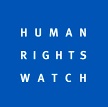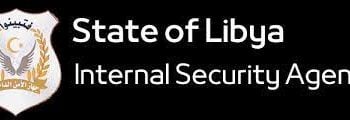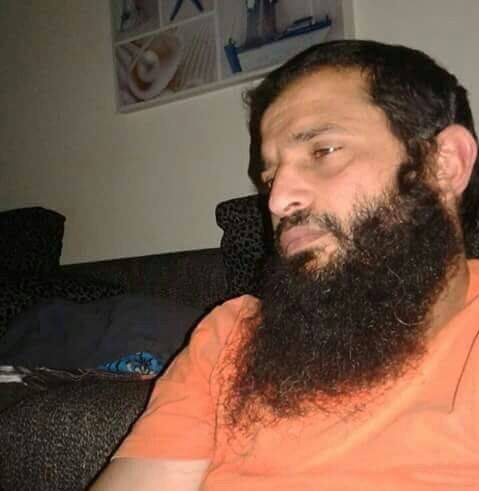By Jamie Prentis.

Tunis, 14 January 2017:
The International Criminal Court (ICC) has been sharply criticised by Human Rights Watch (HRW) for not launching new investigations into war crimes in Libya.
In its 2017 world report, which makes for grim reading, HRW accuses militias affiliated to the competing Libyan governments of engaging in a variety of human rights abuses with impunity.
The ICC should be investigating them, HRW says, and has a mandate to do so.
“Abuses by armed groups in Libya have gone unchecked for the past five years as warlords grow stronger, while conditions for ordinary civilians deteriorate,” said Eric Goldstein, HRW’s deputy Middle East director.
It has been five years since the ICC issued indictments against Libyan individuals: Muammar Qaddafi, Seif Al-Islam Qaddafi and Abdullah Senussi.
ICC chief prosecutor Fatou Bensouda in fact told the UN Security Council last November she intended to open fresh investigations in 2017, as new evidence was gathered.
She had previously blamed the limited progress on a lack of resources and the continued instability in Libya, whilst calling for collaboration between local and international powers to bring criminals to justice.
Whilst gathering concrete evidence can be difficult, the United Nations Support Mission in Libya (UNSMIL) publishes a monthly report detailing civilian causalities during the course of hostilities.
HRW argued that the militias, benefiting from a lack of state authority, “continued to flout international law with impunity.” It said their actions included unlawful killings, abductions and indiscriminate shelling. HRW also claimed that armed forces and prison authorities continued to arbitrarily detain and torture thousands of people long-term, including women and children.
It was also highly critical of the domestic criminal system, suggesting it did not function in parts of the country and lacked the ability, along with the ICC, to make people accountable.
The HRW statement appears to it have been drafted some time ago as it states that the so-called Islamic State was still in control of part of Sirte.
The report also looked at the continued fighting between Islamists militants and Libyan National Army (LNA) forces allied to General Khalifa Hafter in Benghazi. HRW said several hundred civilians in the Ganfouda neighbourhood remained trapped under aerial bombardment, with limited access to food and medical care.
Attention was given to UNSMIL investigations that suggested 141 civilians were killed by shelling from March until August in Benghazi, Derna and Sirte. This included 30 child deaths and another 146 people injured.
In the past, HRW has been outspoken in condemning the ICC for failing to get its act together amidst a flurry of alleged war crimes.
Meanwhile, Amnesty International has issued a statement condemning the continued detainment and alleged torture of activist Jabir Zain by a Tripoli-based militia. They say the militia, apparently operating under the Ministry of Interior, has held Zain since his abduction on 25 September 2016 at a café in Tripoli’s suburb of Gargaresh.
Zain, from Sudan, has previously campaigned for women’s rights and the militia accuse him of atheism, moral indecency and collaborating with foreign NGOs, among other charges. His family say they have met with the militia at their base in the Fornaj district of Tripoli, but have been denied access to Zain. They were then given conflicting statements – that he would be deported to Sudan after further investigations and, conversely, that he was not being held. It was just someone with a similar name.
According to Amnesty, the family believe this to be false.










